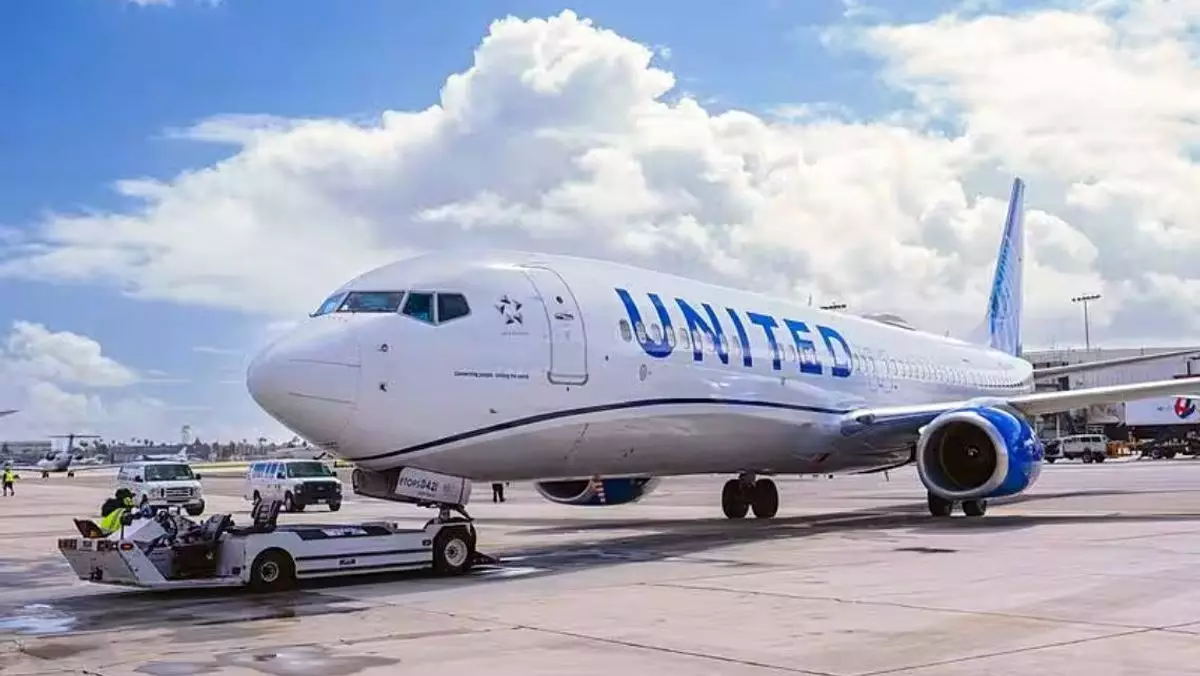On a typical Friday, people around the world were faced with chaos as a widespread technology outage impacted various industries simultaneously. This disruption had a domino effect, grounding flights, knocking banks offline, and even causing media outlets to go off the air. Companies and services that rely heavily on technology were left vulnerable, showcasing the dangerous dependence on software from only a handful of providers.
CrowdStrike, a cybersecurity firm, quickly stepped in to provide some clarity on the situation. They confirmed that the outage was not the result of a security incident or cyberattack. According to CrowdStrike CEO George Kurtz, the issue was identified, isolated, and a fix was deployed in a timely manner. It was revealed that a recent update had caused problems for Windows users of the firm’s tools, leading to the widespread disruptions.
The repercussions of the technology outage were felt most severely in the aviation industry. Airlines and airports struggled to function normally, with more than 300 flights delayed and over 100 flights canceled at major airports in New York City alone. Passengers were left stranded, unsure of when they would be able to reach their destinations. United Airlines, one of the many carriers affected, reported computer system issues leading to potential flight delays. Other airlines, such as Eurowings in Germany, had to cancel domestic and international flights due to impaired check-in and boarding processes caused by the outage.
The technology outage extended far beyond the United States, causing disruptions in countries like South Korea, Thailand, Singapore, and Malaysia. In South Korea, low-cost airlines such as Jeju Air Co. and Air Premia Inc. experienced problems with ticketing and other essential services on their websites. Passengers faced delays in boarding at Incheon International Airport, the country’s largest airport. In Thailand, the automated border control system at Bangkok’s airports was affected, leading to ground operation disruptions for several airlines. Passengers were advised to arrive at least 4 hours before their departure time to account for potential delays.
The widespread technology outage served as a wake-up call for businesses and consumers alike. It highlighted the importance of diversifying technology providers to avoid complete dependency on a select few. Companies were urged to have contingency plans in place for such incidents to minimize disruptions and mitigate the impact on their operations. Consumers were reminded to stay informed about the situation and take necessary precautions when traveling during times of technological instability.
The aftermath of the technology outage left a lasting impact on various industries and countries worldwide. It underscored the interconnected nature of our digital world and the vulnerabilities that come with it. Moving forward, it is crucial for organizations to reevaluate their technology strategies and ensure they are prepared for unforeseen disruptions to prevent a similar domino effect from occurring in the future.

